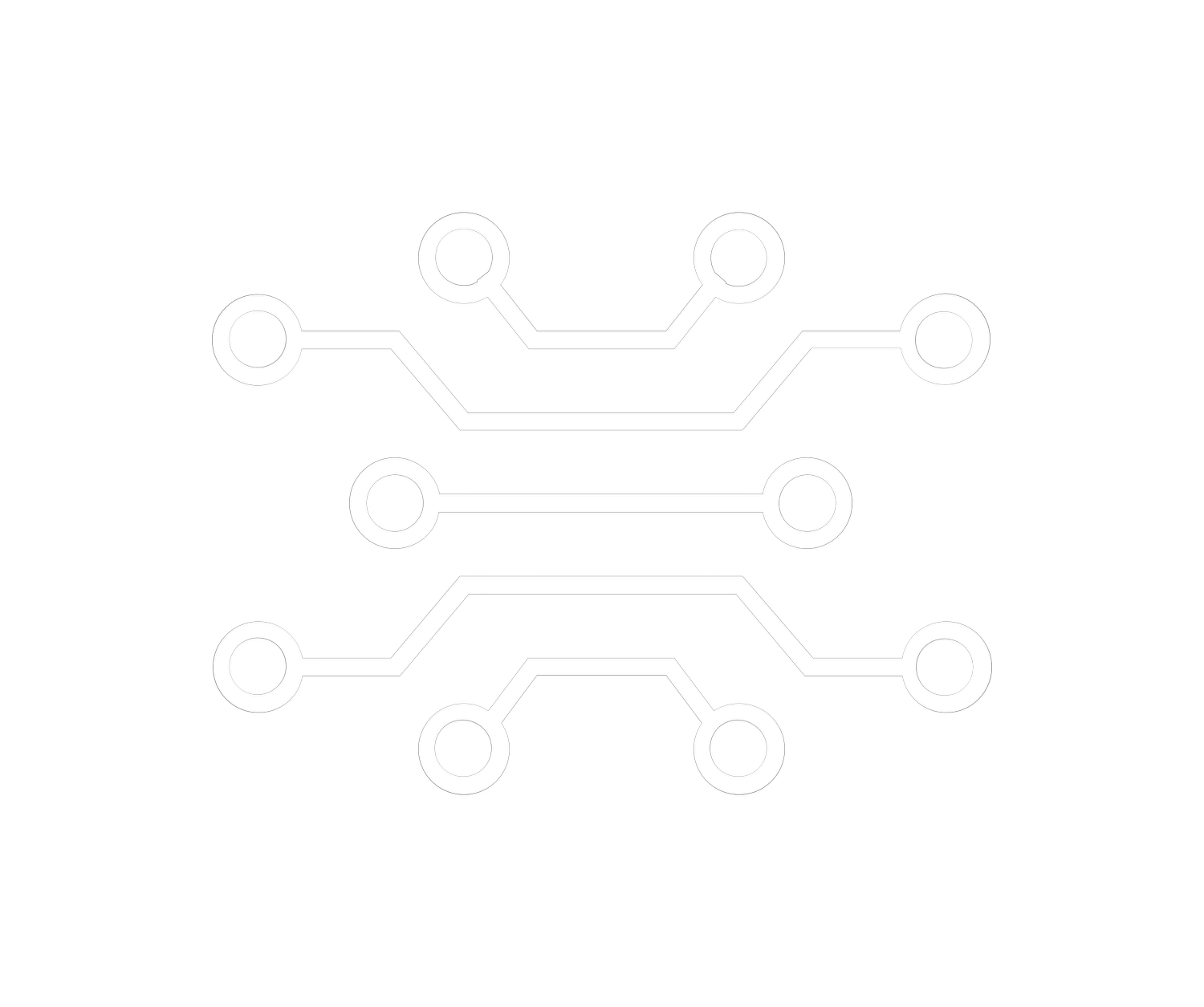AI Ethics in Storytelling: Getting It Right
You're using AI to help create content. Now what?
Do you tell people? Hide it? Feel guilty about it? Worry someone will call you out?
Let's cut through the anxiety and confusion.
The ethics of AI in business storytelling aren't complicated. But they do matter. Get them wrong, and you risk your reputation. Get them right, and you can use AI confidently without the nagging worry that you're doing something dodgy.
Here's the framework that actually works.
The Core Principle: Transparency When It Matters
The question everyone asks: "Do I need to disclose that I used AI?"
The answer: It depends on context.
Not helpful, right? Let's get specific.
When Disclosure Matters:
Creative Work Presented as Original Art: If you're selling or showcasing creative work—writing, art, music—and AI played a significant role, that context matters.
Example: A book "written by" someone should disclose if it was substantially AI-generated with human editing.
Professional Advice or Expertise: If you're giving medical, legal, financial, or other professional advice, disclose if AI played a role in generating that guidance. Your clients are paying for your expertise, not a chatbot's.
Example: "I used AI to help organize this information, but all recommendations are based on my professional assessment of your situation."
Research or Data Claims: If you're citing "research" or "data" that AI generated or summarized, verify it independently. AI hallucinates. Presenting unverified AI output as fact is ethically problematic.
When Disclosure Doesn't Matter:
Routine Content Creation: Using AI to draft social posts, blog outlines, or email newsletters that you then heavily edit? This is no different from using spell-check or a thesaurus. Your voice, your ideas, your editing.
Operational Tasks: AI helping with scheduling, formatting, hashtag research, or other mechanical work? This is a tool, like using Canva or Grammarly. No disclosure needed.
Ideation and Brainstorming: Using AI to generate ideas that you then develop with your expertise? That's you being resourceful, not deceptive.
Translation or Adaptation: Using AI to translate content or adapt it for different platforms? The core message is yours; AI is just reformatting.
The Simple Test:
Ask yourself: "Would knowing AI was involved change how my audience perceives the value or authenticity of this content?"
If yes, disclose. If no, don't worry about it.
Authenticity: The Non-Negotiable
Ethics isn't just about disclosure. It's about maintaining the authenticity that makes your business trustworthy.
What Crosses the Line:
Fabricating Stories: Using AI to invent client testimonials, case studies, or personal experiences that didn't happen. This isn't "AI ethics," it's just lying.
Misrepresenting Authorship: Claiming you wrote something when AI generated 95% of it with minimal editing. If your name is on it, your thinking should be in it.
Faking Expertise: Using AI to create content in areas where you lack genuine knowledge, presenting yourself as an expert. AI can draft technical content, but you need actual expertise to ensure it's accurate and valuable.
Impersonating Your Voice Without Oversight: Setting up fully automated social accounts or chatbots that respond as "you" without human oversight. If clients think they're talking to you, it should actually be you.
Creating Deceptive Personas: Using AI to create fake team members, customer reviews, or social proof that doesn't exist.
What's Perfectly Fine:
Using AI as Your Assistant: AI drafts, you edit, refine, and add your expertise. The content reflects your thinking even though AI helped with the initial structure.
Scaling Your Real Message: Taking your authentic perspective and using AI to help you share it more consistently across platforms. The core message is genuinely yours.
Improving Quality Without Changing Substance: Using AI to improve grammar, suggest clearer phrasing, or optimize for SEO while maintaining your authentic voice and message.
Automating Distribution, Not Creation: Using AI to determine optimal posting times, suggest hashtags, or format content for different platforms. The strategy and substance are still yours.
The line is simple: AI can help you communicate your authentic message more effectively. It can't create authenticity that doesn't exist.
Common Ethical Dilemmas (And How to Handle Them)
Let's tackle the grey areas where businesses actually get stuck:
Dilemma #1: AI-Assisted Client Testimonials
The Situation: A client gives you verbal feedback. You ask if you can turn it into a testimonial. They say yes but don't have time to write one. Can you use AI to draft it based on their comments, then get their approval?
The Ethics: Yes, if:
You base it on their actual words and sentiment
They review and approve the final version
It accurately represents their experience
You don't exaggerate or add claims they didn't make
The Problem: No, if:
You're inventing experiences or benefits they didn't mention
You're not getting their approval of the final version
You're using AI to generate fake testimonials from scratch
Dilemma #2: Editing Out AI Detection
The Situation: You've used AI to help draft content, edited it thoroughly, but an AI detector flags it. Should you rewrite specifically to avoid detection?
The Ethics: The detection itself isn't the problem. The question is whether the content reflects your genuine thinking and expertise. If it does, detection doesn't matter. Focus on authenticity, not gaming detectors.
The Real Issue: If you're worried about detection, ask why. Is it because the content still sounds generic and AI-like? That's a quality problem, not a detection problem. Make it better.
Dilemma #3: AI in Professional Services
The Situation: You're a consultant, coach, or professional advisor. Can you use AI to help create client deliverables?
The Ethics: Yes, if:
The strategic thinking, recommendations, and insights are genuinely yours
AI is helping with structure, formatting, or initial drafts
You're applying your expertise to ensure accuracy and relevance
The client is paying for your judgment, which remains central
The Problem: No, if:
You're essentially selling AI output with minimal human oversight
You lack the expertise to verify and improve what AI produces
The client believes they're getting custom human expertise but receiving mostly automated responses
Dilemma #4: Sharing AI-Generated Market Research
The Situation: You've used AI to analyse trends, compile data, or generate market insights. Can you share this as research?
The Ethics: Be cautious. AI frequently hallucinates data, misinterprets trends, and generates plausible-sounding nonsense. Always verify:
Check cited sources actually exist and say what AI claims
Validate statistics against reliable sources
Apply your expertise to assess whether insights make sense
Frame as "AI-assisted analysis" if appropriate, not "research"
The Problem: Presenting unverified AI output as factual research is ethically problematic and potentially legally risky.
Dilemma #5: Using Competitor Content as AI Training
The Situation: You want to analyse competitor content or train AI on their approach. Is this ethical?
The Ethics: Publicly available content can be analysed, but:
Don't copy their proprietary frameworks or unique methodologies
Don't use AI to slightly reword their content and present it as yours
Don't scrape their private or paywalled content
Focus on understanding their approach, not replicating it
The Principle: Competitive intelligence is fine. Intellectual property theft isn't.
Building Your Ethical Framework
Rather than navigating every situation individually, establish principles:
1. The Transparency Principle
When in doubt, disclose. Overblown disclosure is annoying but harmless. Hidden AI use that feels deceptive damages trust permanently.
Simple disclosure language:
"Created with AI assistance"
"AI-generated image"
"Edited and verified by [your name/team]"
"Draft created with AI, refined with expertise"
2. The Authenticity Principle
If your name is on it, your thinking should be in it. AI can help you articulate your ideas more clearly or quickly. It shouldn't be creating ideas that aren't genuinely yours.
Test: Could you defend this content in a conversation? Explain the reasoning? Discuss the nuances? If not, you haven't added enough human expertise.
3. The Verification Principle
Don't publish what you haven't verified. AI makes mistakes, hallucinates facts, and generates plausible nonsense. Your responsibility includes everything you publish, regardless of who or what created the first draft.
Always verify:
Facts and statistics
Cited sources
Technical accuracy
Legal or professional claims
Anything presented as research or data
4. The Value Principle
The question isn't "Did I use AI?" but "Did I add genuine value?" If you're just passing through AI output with minimal human contribution, you're not adding value—you're a middleman for a chatbot.
Add value through:
Strategic thinking and direction
Expertise and professional judgment
Understanding your specific audience
Quality control and refinement
Authentic voice and perspective
5. The Harm Principle
Consider potential harm, not just legal compliance. Could this mislead someone? Create false expectations? Damage trust if the AI involvement were discovered? Cause harm if AI-generated information is wrong?
If yes, reassess your approach.
What "Good" Looks Like
Let's make this concrete with examples:
Good: The Financial Advisor
Sarah uses AI to draft weekly market commentary emails. The process:
She identifies 3-4 key themes based on her professional analysis
She prompts AI to create initial email structure
She rewrites heavily, adding specific insights, examples, and recommendations
She verifies all facts and data
She sends emails that sound like her, reflect her expertise, and provide genuine value
Why it's ethical: Sarah's expertise drives content. AI accelerates execution. Clients get authentic, valuable advice.
Good: The Design Agency
An agency uses AI to generate initial concept images for client presentations. They:
Clearly label images as "AI-generated concept"
Use concepts as starting points for discussion
Create final designs with human designers
Never present AI concepts as finished human work
Why it's ethical: Clear disclosure. AI used appropriately as ideation tool. Human expertise delivers final value.
Good: The Business Coach
Tom uses AI to help structure his group coaching content. He:
Develops core frameworks and insights from years of experience
Uses AI to help organize content and create exercises
Adds personal stories, examples, and nuanced coaching
Delivers content that reflects his genuine expertise
Why it's ethical: AI handles structure. Tom provides expertise, experience, and strategic guidance. Value comes from human, not machine.
What "Bad" Looks Like
Bad: The "Expert" Blog
Someone with no medical expertise uses AI to generate health advice articles, publishes under their name, doesn't verify medical accuracy, and presents themselves as knowledgeable. AI hallucinates dangerous misinformation.
Why it's unethical: No genuine expertise. No verification. Potential harm. Misrepresentation of authorship and authority.
Bad: The Fake Testimonials
A business uses AI to generate glowing customer reviews and testimonials for services, presenting them as real client feedback without actual clients behind them.
Why it's unethical: Fabrication. Deception. Fake social proof. This isn't "AI ethics"—it's fraud.
Bad: The Ghostwriting Guru
A "thought leader" publishes books, articles, and courses that are 95% AI-generated with minimal editing or original thinking. Their name is everywhere, but their expertise is thin.
Why it's unethical: Misrepresentation of authorship and expertise. Charging for human insight while delivering machine output.
Evolving Standards
AI ethics aren't static. As AI capabilities expand and societal expectations evolve, what's considered acceptable will shift.
Current direction: Increasing expectation of transparency, especially for:
AI-generated creative work
Professional advice or expertise
Visual content (deepfakes, AI images)
Educational content
Anything involving vulnerable populations
Stay current by:
Following industry-specific AI ethics guidelines
Paying attention to how respected peers handle disclosure
Listening when clients or audiences express concerns
Erring on the side of transparency
Being willing to adjust practices as standards evolve
The Competitive Advantage of Ethical AI Use
Here's the opportunity: while others are cutting corners or hiding AI use, you can be transparent and confident.
Ethical AI use builds trust:
Clients appreciate honesty about your process
Transparency demonstrates confidence in your value
Clear boundaries show professional judgment
Authentic content stands out from generic AI slop
The businesses that win long-term will be those using AI ethically and openly, not those trying to hide it or push ethical boundaries.
Your Ethical AI Checklist
Before publishing AI-assisted content, ask:
Disclosure:
☐ Would knowing AI was involved change how my audience perceives this?
☐ Is this visual content that could be mistaken for real photography/video?
☐ Am I making claims (data, research, expertise) that need verification?
Authenticity:
☐ Does this reflect my genuine thinking and expertise?
☐ Could I defend this content in a conversation?
☐ Have I added substantial human value beyond AI output?
☐ Does this sound like me, not like generic AI?
Verification:
☐ Have I verified facts, statistics, and sources?
☐ Have I checked technical or professional accuracy?
☐ Am I confident this information won't mislead or harm?
Value:
☐ Is this genuinely useful to my audience?
☐ Have I applied expertise AI doesn't have?
☐ Would I be proud of this if AI involvement were public knowledge?
If you can check all relevant boxes, publish confidently.
Moving Forward
AI ethics in storytelling isn't about following rigid rules. It's about maintaining the trust your business depends on.
Be transparent when it matters. Stay authentic always. Verify before publishing. Add genuine value. Consider potential harm.
Do this, and you can use AI confidently—no guilt, no anxiety, no reputation risk.
The goal isn't to avoid AI. It's to use AI in ways that enhance rather than undermine the trust you've built.
Ready to implement AI ethically and effectively in your business? At iStories, we help businesses navigate AI integration with clear ethical frameworks and practical guidelines. We ensure your AI-assisted content maintains authenticity, meets disclosure standards, and builds trust with your audience. Get in touch to develop an AI strategy that aligns with your values.
DIsclosure: Imagery for this blog was created using AI.




